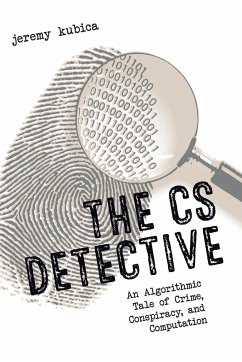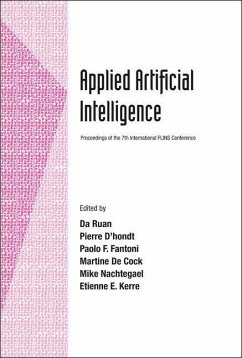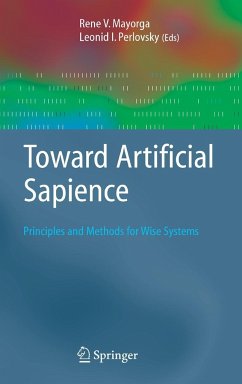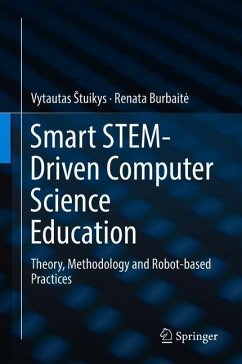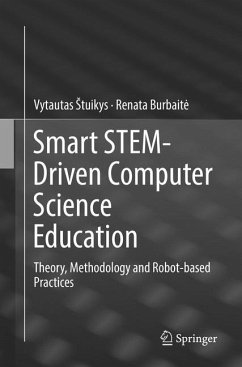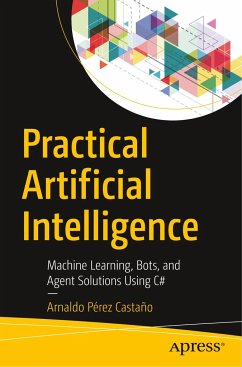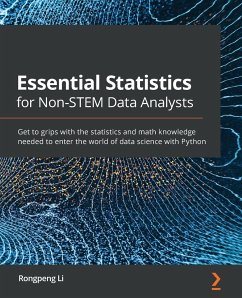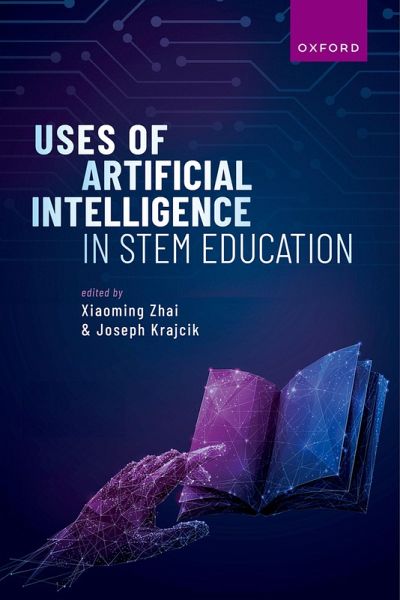
Gebundenes Buch
Uses of Artificial Intelligence in Stem Education
Versandkostenfrei!
Versandfertig in über 4 Wochen

PAYBACK Punkte
76 °P sammeln!




As technology rapidly evolves, AI tools such as automated scoring and intelligent tutors are revolutionizing how we teach STEM subjects. The book discusses the benefits, challenges, and ethical implications. It's a comprehensive guide that showcases the future of education in an AI-driven world.
Xiaoming Zhai is an Associate Professor in Science Education & Artificial Intelligence, serving as Director of the AI4STEM Education Center at the University of Georgia. He is interested in applying cutting-edge technologies such as AI to advance science teaching and learning, particularly assessment practices. He is lead investigator on federal-funded projects and his research has been published in top-tier journals. He has collaborated widely with researchers from the USA, Canada, Germany, Norway, China, Ghana, and India, and serves as a global leader in his area of research. Dr. Zhai chaired the NSF-funded 2022 International Conference for AI-based Assessment in STEM and serves as Founding Chair of the National Association of Research in Science Teaching's RAISE (Research in AI-involved Science Education) group. Joseph Krajcik currently serves as Director of the CREATE for STEM Institute at Michigan State University. CREATE for STEM (Collaborative Research for Education, Assessment and Teaching Environments for Science, Technology, Engineering, and Mathematics) is a joint institute between the Colleges of Natural Science and Education that seeks to improve the teaching and learning of science and mathematics from kindergarten to college through innovation and research. During his career, Professor Krajcik has focused on working with science teachers to reform science teaching practices to promote students' engagement in and learning of science through the design, development, and testing of project-based science learning environments.
Produktdetails
- Verlag: Oxford University Press
- Seitenzahl: 624
- Erscheinungstermin: 1. Januar 2025
- Englisch
- Abmessung: 236mm x 163mm x 37mm
- Gewicht: 1188g
- ISBN-13: 9780198882077
- ISBN-10: 0198882076
- Artikelnr.: 71200524
Herstellerkennzeichnung
Libri GmbH
Europaallee 1
36244 Bad Hersfeld
gpsr@libri.de
Für dieses Produkt wurde noch keine Bewertung abgegeben. Wir würden uns sehr freuen, wenn du die erste Bewertung schreibst!
Eine Bewertung schreiben
Eine Bewertung schreiben
Andere Kunden interessierten sich für


